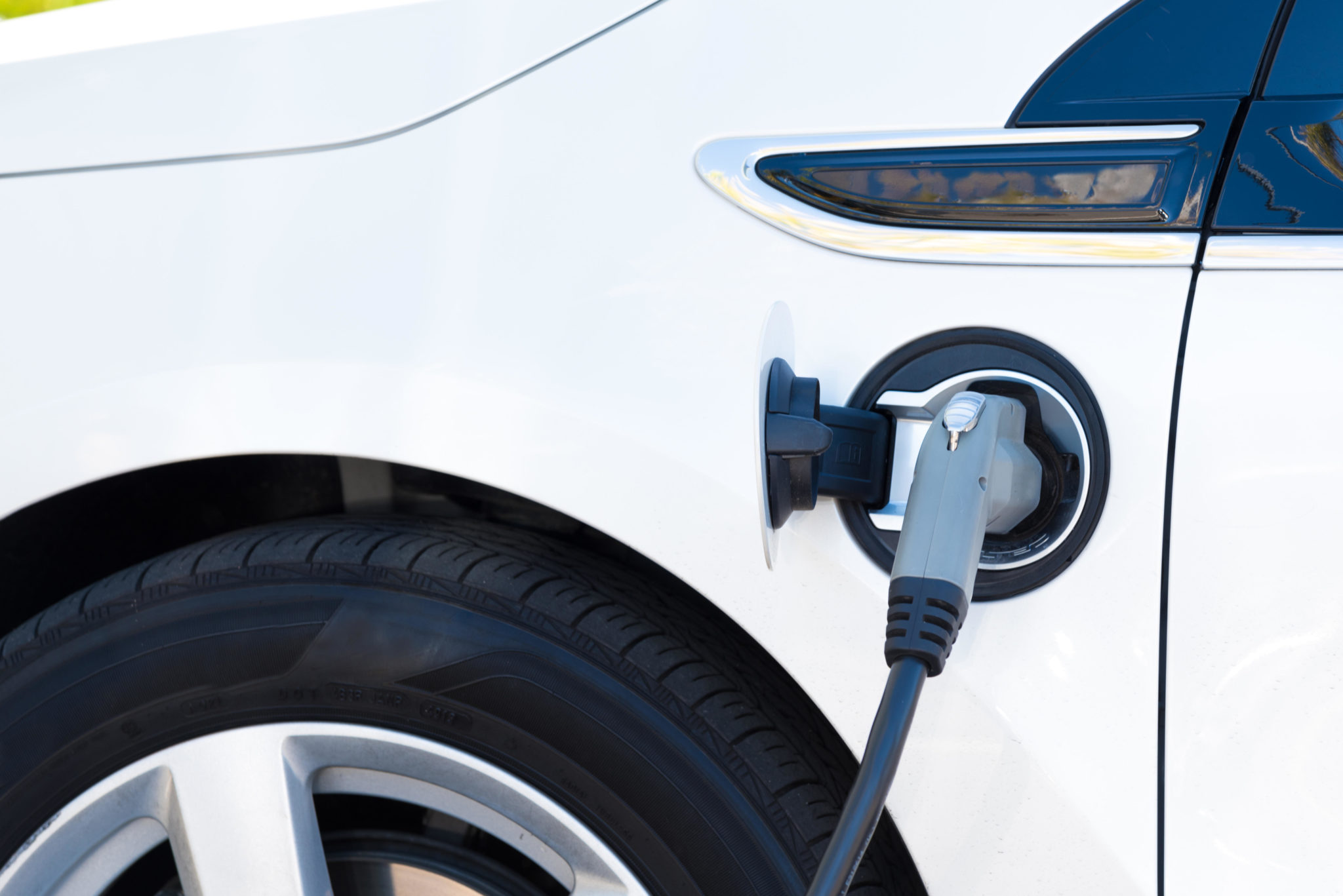The State is not ready to deal with the substantial financial impacts that will come as a result of climate change, the Irish Fiscal Advisory Council has said.
It assesses the potential costs the Government will have to deal with to make Ireland a greener economy in line with our international obligations.
In a new report the budgetary watchdog has calculated that it will cost around €500 million to deal with the fallout from extreme weather events between now and 2030.
Ireland is legally bound to achieve carbon neutrality by 2050 and to stay within three carbon budgets between 2021 and 2035.
However, projections based on existing plans show Ireland missing these requirements.
Failing to meet these targets would see Ireland hit by "compliance costs".
Changes to tax on fuel
The report found that even if the targets are met in full, there would also be "substantial impacts" on the public finances.
There are a number of factors influencing the change.
A sharp decrease in tax on fuel and energy use - which stems from lower excise duties and reduced petrol and diesel consumption - and lower VAT rates on electricity will all contribute.
Vehicle registration tax and motor tax, which are both tied to emissions under current policies, would also see a big drop.
 An electric car is seen charging in February 2015. Image: Michael Flippo / Alamy Stock Photo
An electric car is seen charging in February 2015. Image: Michael Flippo / Alamy Stock PhotoIrish Fiscal Advisory Council Chief Economist Dr Eddie Casey said the necessary move to electric vehicles could cost the State €2.5 billion.
"A lot of it is linked to vehicles and how they're run, but also energy use" he said.
"So, if we take the move to electric energy more from fossil fuels as well then that is taxed at a lower rate under the current system.
"All these things would potentially have to change, otherwise we would see those revenues basically dry up to a large extent."
'An honest conversation'
Dr Casey said these changes are coming faster than some people realise.
"What we're talking about isn't the very long-term - 50 years ahead - we're talking about a few years down the line," he said.
"We really need to see these plans quite urgently.
"It's important that we have an honest conversation about how Ireland is going to address these challenges.
"It's a lot like the ageing front, where we know that these costs are coming.
"Really it's a question of how we're going to deal with them rather than just avoiding them and not trying to answer those questions," he added.









